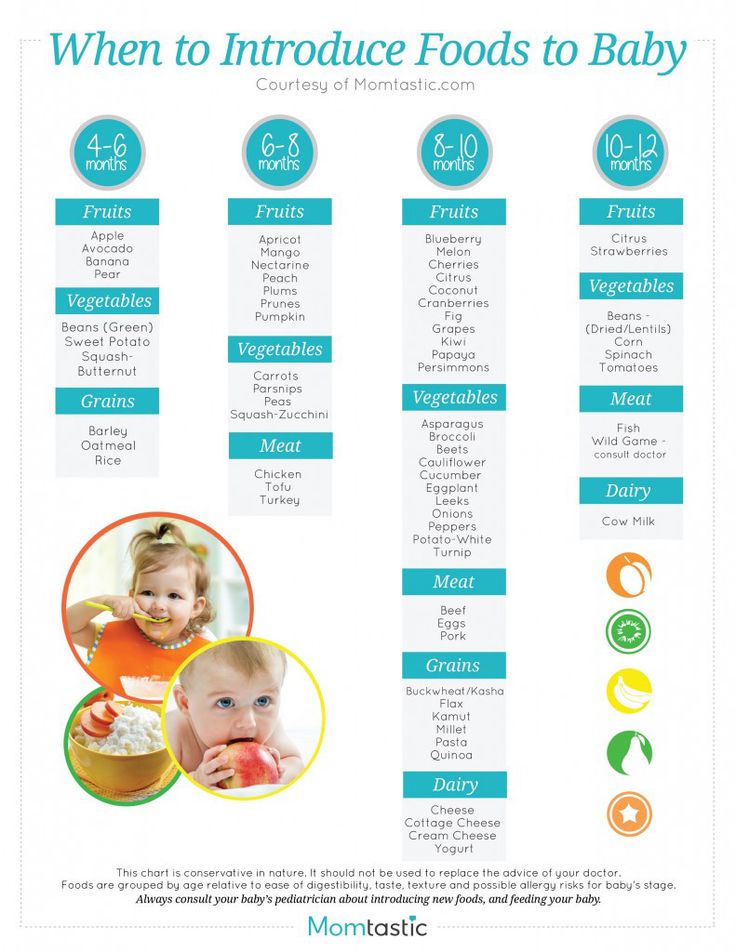Average cost of baby food
How Much Does Baby Food Cost?
Written by: Howmuchisit.org Staff
Once a baby begins to eat solids (“solids” refers to baby food and cereal, not actual table food) the cost of food can start to affect your monthly grocery bill.
Usually, this takes place between four to six months old, and babies will begin eating simple rice cereal and then will progress to a mix of baby food and cereal; eventually, they will be able to eat all baby food and will no longer need formula or cereal. This transition usually takes place when they are between 12 to 15 months old. Refer to our chart below to see what your baby can eat at their age.
“Carrot baby food” (CC BY-SA 2.0) by Ross Catrow
How much is the cost of baby food?On average, baby food is going to cost the average family anywhere from $45 to as much as $115 per month when using solid foods.
A box of Gerber Infant Cereal , for example, will cost about $3 for a 16-ounce box. This box can last up to a month at first, but it will gradually only last about once per week as your child grows.
Gerber baby food, such as pureed bananas, apples, green beans, peas, etc., usually come in two-packs and will cost between $1-$1.50 per pack. Children 6 months – 12 months will usually consume 2-4 containers of baby food per day. (An example would be a fruit for breakfast, a vegetable for lunch, and one of each at dinner.) With this in mind, you will spend between $37.50-$75 per month on baby food.
Companies, such as Gerber, make many kinds of healthy snacks for babies such as fruit puffs or fruit melts. These help the baby learn how to consume solid food in their mouths without choking. Snacks like these can cost $2-$4 and will last about a week or two.
For the first year, baby formula can run anywhere from $45 to $100 per month depending on the brand that is purchased. See: “How much does baby formula cost?” There are two types of formula: powder and liquid.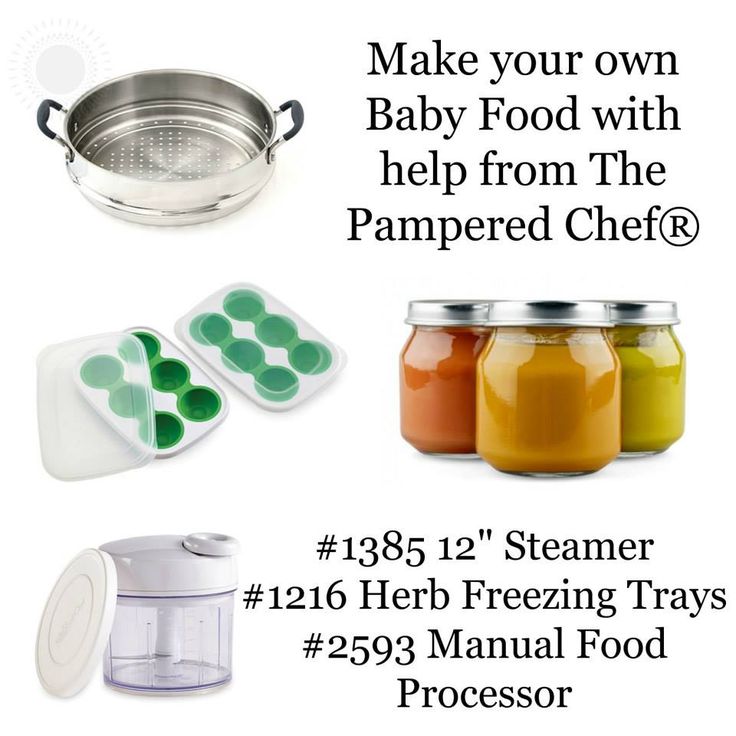
Mint.com broke down the costs of purchasing it at the store and making the food on your own. Store-bought organic food would cost about $0.69 per serving while making it organically can cost $0.38.
| Brand | Price Range |
|---|---|
| Beech-Nut Organic Baby Food | $1.50 per jar |
| Ellas Kitchen Baby Food | $1.50 to $2 per pouch |
| Gerber Baby Food | $1 to $1.50 per jar |
| Goya Baby Food | $1 per 4-ounce jar |
| Heinz Baby Food | $4 to $6 per packet |
| Holle Baby Food | $10 to $14 for 250g |
| Nestle Baby Food | $4 to $6 per 14 ounces |
| Sprout Organic Baby Food | $10 per 5 pack |
Common baby food flavors
Apple and banana
Apple and blueberry
Apple and cherry
Apple and chicken
Apple, pear and banana
Apples
Apricot
Banana and mixed berry
Banana and strawberry
Bananas
Beef and beef broth
Chicken and chicken broth
Chicken rice
Chicken, vegetables and stars
Corn and sweet potato
Green beans
Macaroni and beef
Mango
Mixed vegetables
Oatmeal, pear and cinnamon
Peaches
Pear and blueberry
Pear and pineapple
Pear and raspberry
Pears
Squash
Seet carrots
Sweet corn
Sweet peas
Sweet potatoes
Turkey and turkey broth
Turkey rice dinner
What are the extra costs?If you choose to buy only organic food, plan on spending between $20 and $40 extra per month.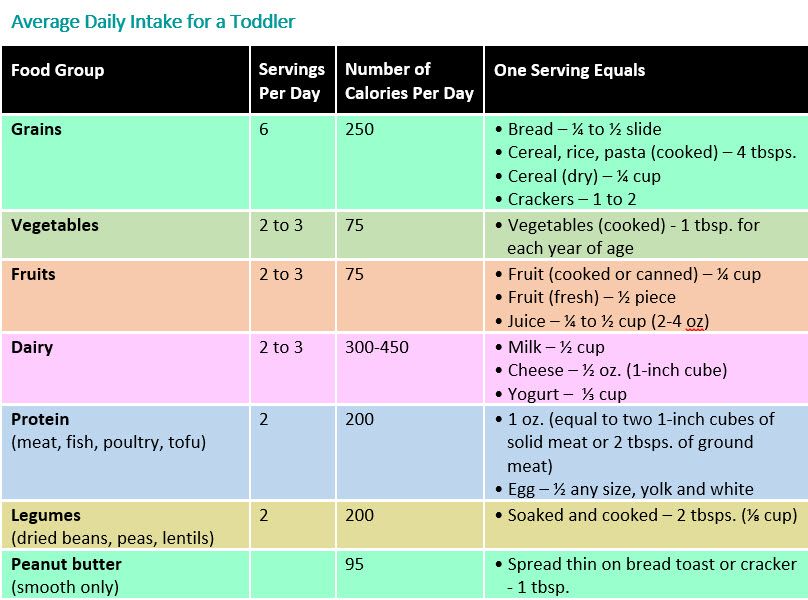 One jar of organic baby food can cost upwards of $1 to $2 per jar.
One jar of organic baby food can cost upwards of $1 to $2 per jar.
Some babies need specific types of foods as a result of allergies. Soy products, for example, can be quite a bit more expensive.
If you want to make your own baby food, there are baby food makers on the market that cost anywhere from $60 to $150+.
Introducing solid foods to baby chart
How can I save money?Almost all stores, such as Meijer, have their baby food on sale every few weeks. It is best to stock up on baby food when it is at its cheapest. This could save you about $10 per month.
Some people choose to make their own baby food by pureeing fresh fruits and vegetables. This may be less expensive, but it is also much more work. The storing and preserving of the food is the hardest part.
Consider buying store brand baby food rather than the name brand. Be sure to compare the ingredients as you’ll find that many of the store brands are highly comparable.
A common question online is: Can you buy baby formula with food stamps? The answer is yes. SNAP allows you to buy formula, cereals, juice and baby food.
Look for baby food coupons. These coupons can be found in the local newspaper or via a simple search online.
Advertising Disclosure: This content may include referral links. Please read our disclosure policy for more info.
Average Reported Cost: $0How much did you spend?
|
- Business
- Rinat Tairov Editorial Forbes
Prices for baby food in Russia could rise by more than 15%. The manufacturer of FrutoNyanya attributed the increase in cost to the rise in the cost of raw materials, logistics and packaging. Other food manufacturers will follow suit and also increase the cost, analysts are sure
Russia's largest baby food manufacturer Progress (FrutoNyanya brand) warned retail chains of an average price increase of 15.5% in February, Kommersant reported citing a letter from the company's CEO Natalia Medunova. She attributed the rise in prices to the rising cost of raw materials due to the freight crisis, market expectations amid the pandemic and adverse weather conditions for crops, the newspaper claims.
According to Medunova, fruit concentrates have risen in price by an average of 26.8-33.3%, fresh and frozen fruits and vegetables - by 30.9%, dairy raw materials - by 20%, buckwheat, oats and rice - by 19%. The cost of packaging components added 50-100% each, Kommersant added, citing a letter from the CEO. Shipping costs increased by 30%. Progress intends to raise prices for liquid and dry cereals, drinks, bread, desserts and other products. Progress products are subject to increased quality and safety requirements, which the company is not ready to reduce, Medunova herself told Kommersant.
Related material
In baby food, especially for young children, the share of imported raw materials is high, and it has risen in price especially strongly due to the depreciation of the ruble, a source in a large food manufacturer told the newspaper. Retailers will most likely have to accept Progress's terms because it is a leader in its category and has great negotiating power, another Kommersant source said. The announced increase in selling prices may not cover the cost, but this is an important step to maintain profitability, said Alexei Popovichev, executive director of the Rusbrand association (which includes Procter & Gamble, Danone, Nestle and other manufacturers).
Retailers will most likely have to accept Progress's terms because it is a leader in its category and has great negotiating power, another Kommersant source said. The announced increase in selling prices may not cover the cost, but this is an important step to maintain profitability, said Alexei Popovichev, executive director of the Rusbrand association (which includes Procter & Gamble, Danone, Nestle and other manufacturers).
The arguments of the FrutoNyanya owner are also valid for other market players, they will now also try to raise selling prices, Marat Ibragimov, a senior analyst at Gazprombank, predicted. Baby food is an important product in terms of store attendance, and they will try to mitigate the effect of the increase in the cost of the network: they will break it into several stages or donate part of their margin.
Related material
Russia's largest retailer X5 Group (Pyaterochka, Perekrestok, Karusel networks), Magnit and Auchan did not respond to the newspaper's request.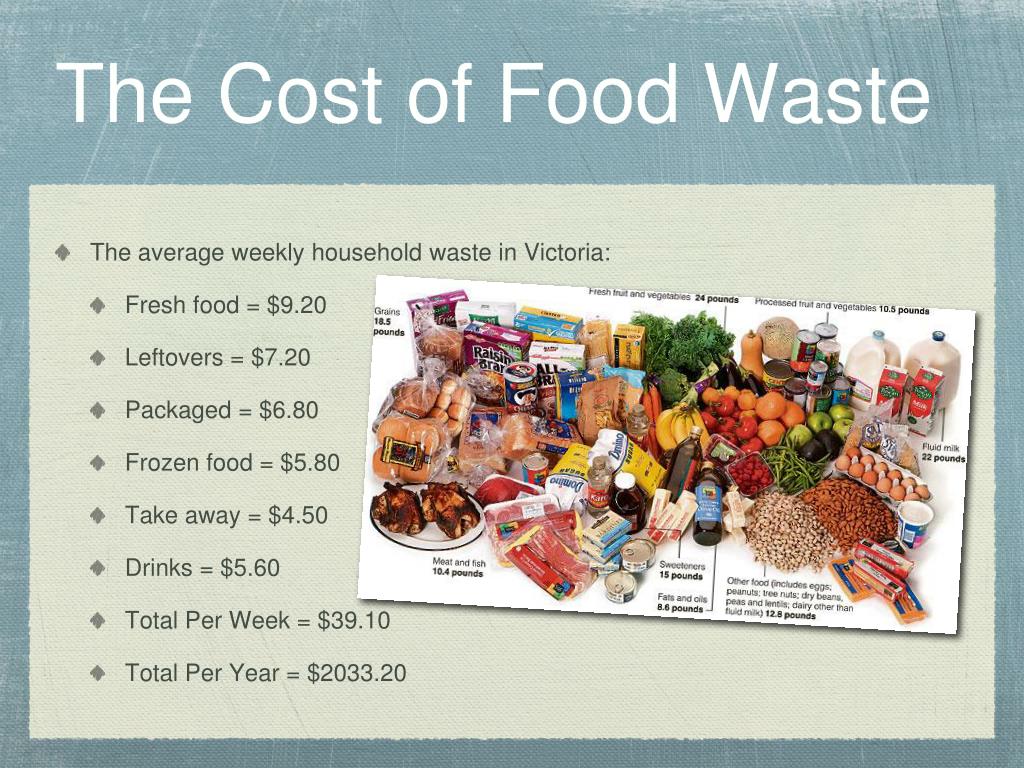 Lenta declined to comment. The Ministry of Agriculture acknowledged that food and processing industry enterprises faced an increase in costs, but noted that it was carrying out systematic work to stimulate the growth in the production of raw materials for processing, the publication specified.
Lenta declined to comment. The Ministry of Agriculture acknowledged that food and processing industry enterprises faced an increase in costs, but noted that it was carrying out systematic work to stimulate the growth in the production of raw materials for processing, the publication specified.
In the coming months, other major manufacturers' products will also become more expensive - not only baby food, but also all major categories of goods, with the exception of socially important ones, a Kommersant source among suppliers believes.
In Russia, baby food may rise in price - Gazeta.Ru
In Russia, baby food may rise in price - Gazeta.Ru | News
close
100%
Baby food manufacturers have warned that their products will rise in price in February. In particular, we are talking about the prices of dry and liquid cereals, drinks, bread and desserts, writes Kommersant .
As reported, the largest Russian manufacturer of baby food under the FrutoNyanya brand, Progress JSC, has already notified retail chains that it is raising prices by an average of 15.5% from February 1.
According to Natalia Medunova, CEO of this organization, the reason for indexation is the rise in prices for basic raw materials due to the cargo transportation crisis, the expectation in the markets amid the coronavirus pandemic, as well as unfavorable weather conditions for crop production. In addition, the cost of imported raw materials, which are actively used in the production of baby food, and which has risen in price especially strongly due to the devaluation of the ruble, is increasing.
According to Medunova, the average price for fruit concentrates rose by 26.8-33.3%. Prices for fresh and frozen vegetables increased by 30.9%, dairy raw materials - by 20%, cereals (buckwheat, oats and rice) - by 19%.
Containers have also become more expensive: the cost of tin lids has more than doubled, the price of cardboard and corrugated board has increased by 50%, aluminum and plastic - by 25-100%.
Marat Ibragimov, a senior analyst at Gazprombank, expressed the opinion that, following Progress, smaller producers will also begin to raise selling prices on the market. At the same time, he believes that companies will try to mitigate the effect of price increases by splitting the process into several stages or even temporarily sacrificing part of their margin.
Earlier, Russian President Vladimir Putin instructed Minister of Economic Development of the Russian Federation Maxim Reshetnikov to work on the creation of baby food complexes “from field to plate”.
All news on the topic:
Press review
Subscribe to Gazeta.Ru in News, Zen and Telegram.
To report a bug, select the text and press Ctrl+Enter
News
Zen
Telegram
Dmitry Vodennikov
The only beautiful point
About the unbearable lightness of being
Give me a Bite
A sip of water
Why drinking dinner at a restaurant costs unjustified money

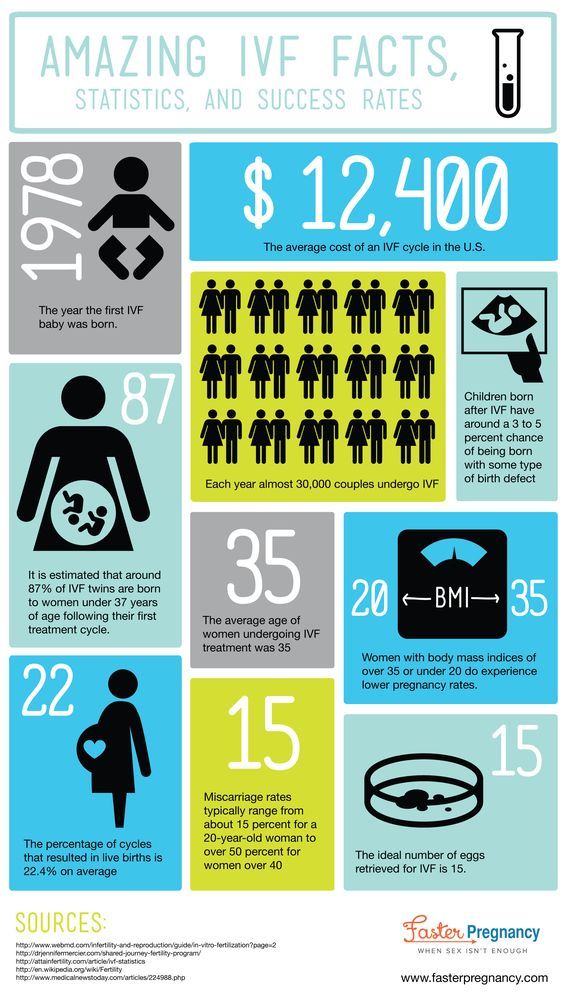 Typical costs:
Typical costs: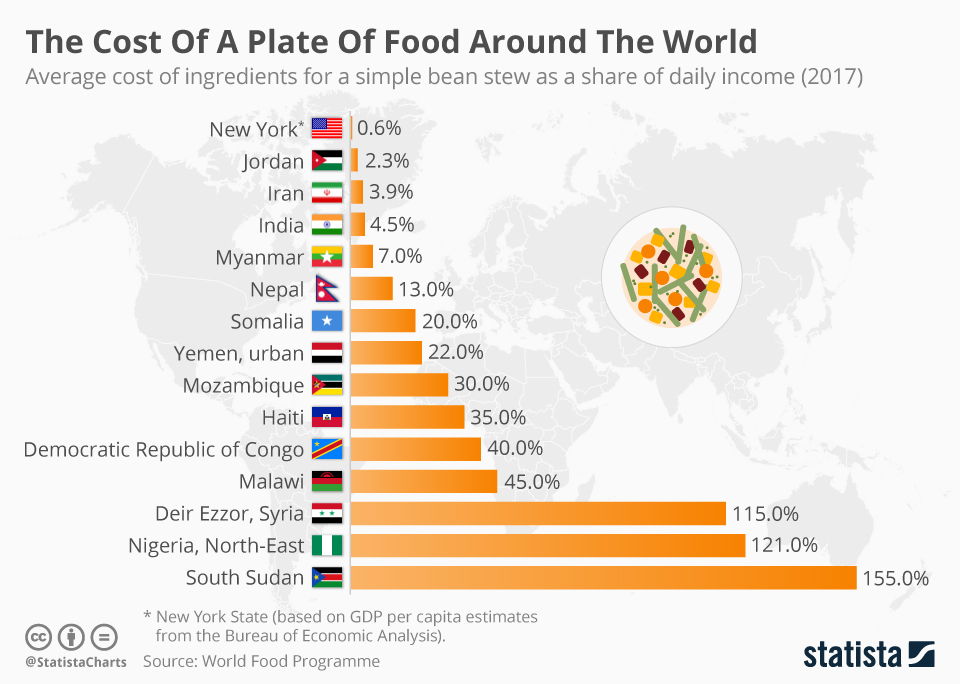 For medical decisions, always consult your physician for the right course for your infant or child.
For medical decisions, always consult your physician for the right course for your infant or child.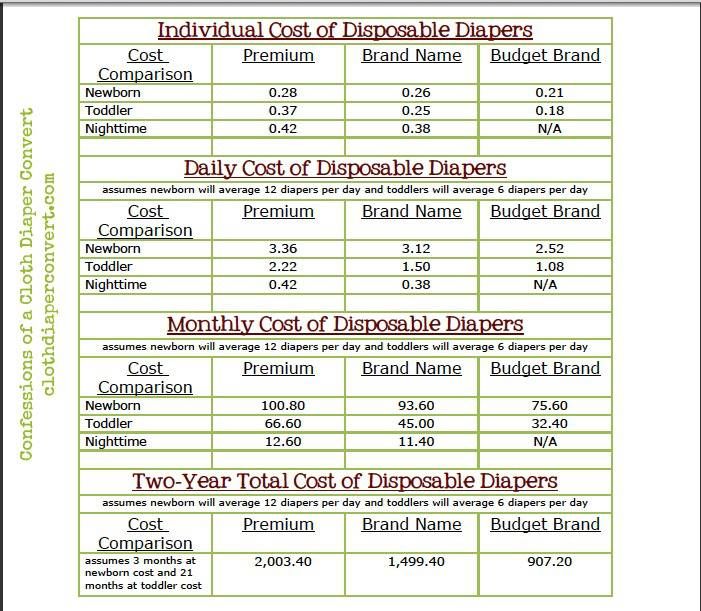 It's especially hard for the millions of Americans who depend on government programs like food stamps to help make ends meet. || Posted November 11 2013
It's especially hard for the millions of Americans who depend on government programs like food stamps to help make ends meet. || Posted November 11 2013 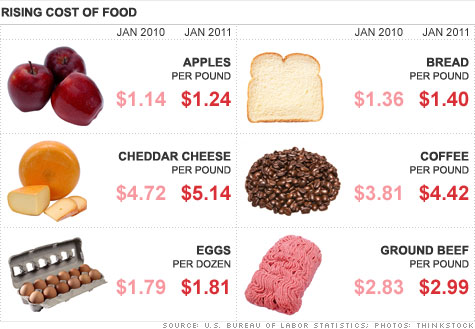 00 off at register). The regular price of Similac Advanced is about 13.99 for the regular can (not the huge one). I pay 10.19 for a can (I get 20 percent off with my wellness card and the 1.00 coupon). I feel so good when I leave the store.. try it. (You have to spend over 1,000 dollars at Rite Aid to reach the 20% off level.. which is valid for a year from the date of reaching the level. I have to say, it's the best savings card in my area). We use between 2 and 3 cans per week of the Similac... the older our baby gets, the less formula he needs, obviously and he's been averaging about 2.5 cans per week now. But you get the idea. Based on the cost per can and what you use, you should be able to figure out what you're going to spend at Rite Aid with the method described here. Good luck!
00 off at register). The regular price of Similac Advanced is about 13.99 for the regular can (not the huge one). I pay 10.19 for a can (I get 20 percent off with my wellness card and the 1.00 coupon). I feel so good when I leave the store.. try it. (You have to spend over 1,000 dollars at Rite Aid to reach the 20% off level.. which is valid for a year from the date of reaching the level. I have to say, it's the best savings card in my area). We use between 2 and 3 cans per week of the Similac... the older our baby gets, the less formula he needs, obviously and he's been averaging about 2.5 cans per week now. But you get the idea. Based on the cost per can and what you use, you should be able to figure out what you're going to spend at Rite Aid with the method described here. Good luck!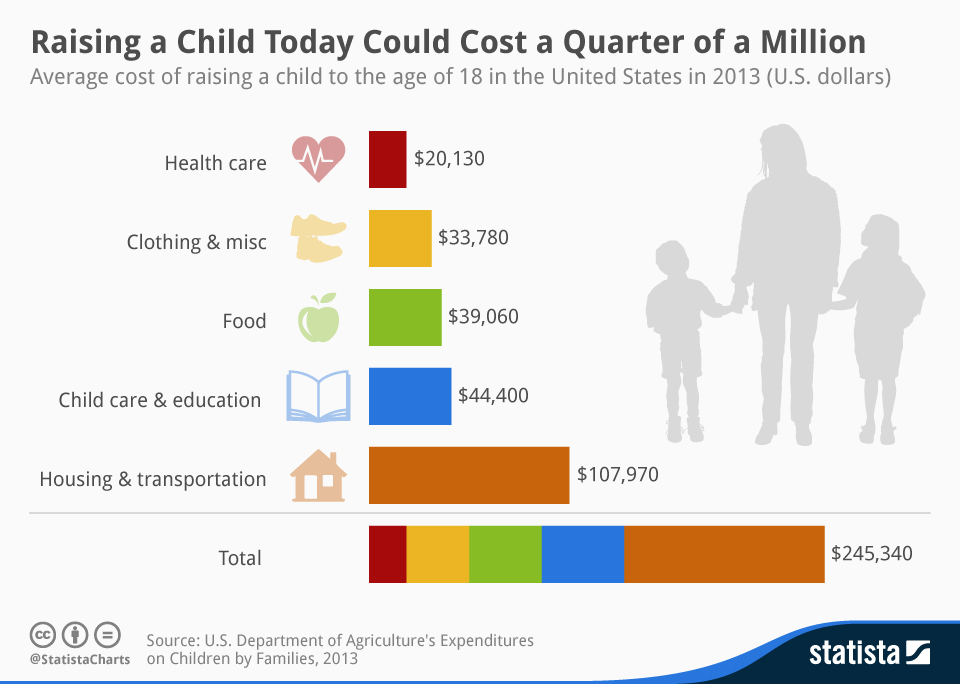 00 per month
00 per month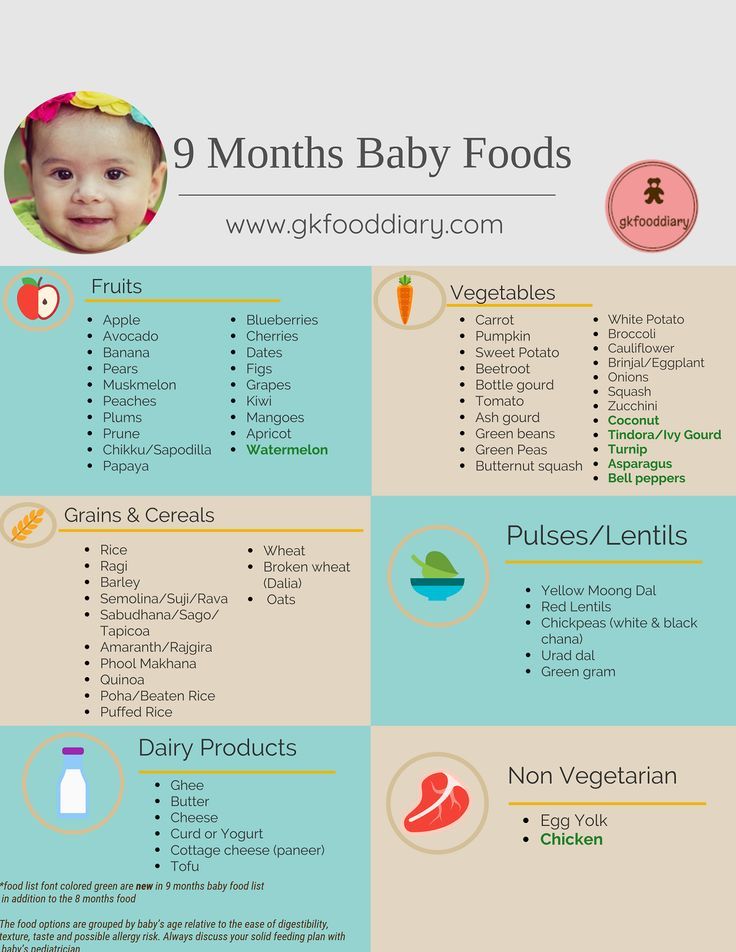 00 per month
00 per month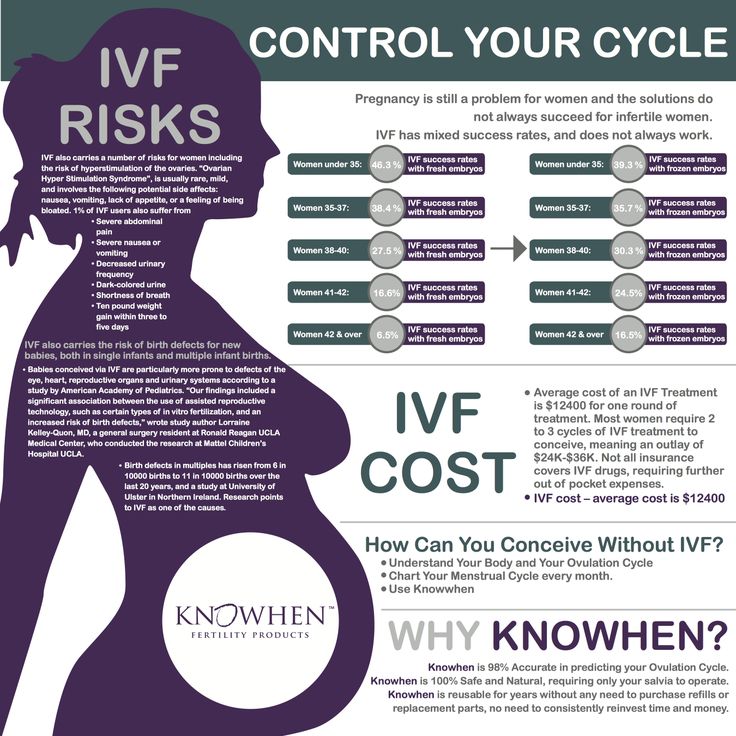 00 per month
00 per month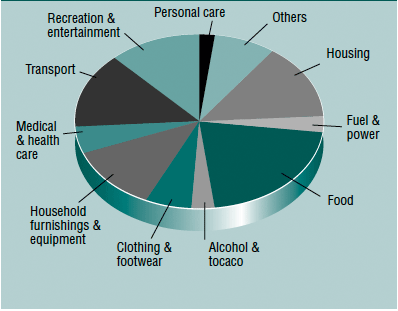 00 per month
00 per month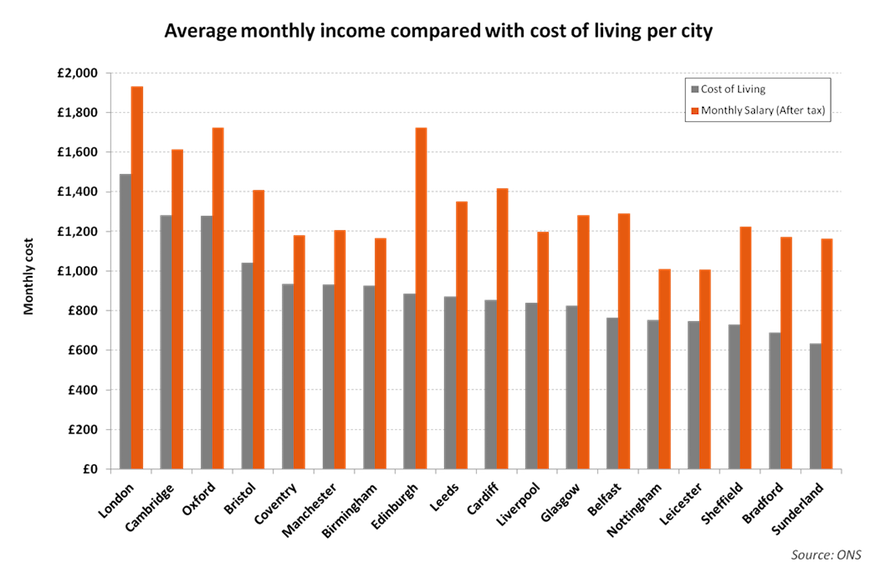 com
com 